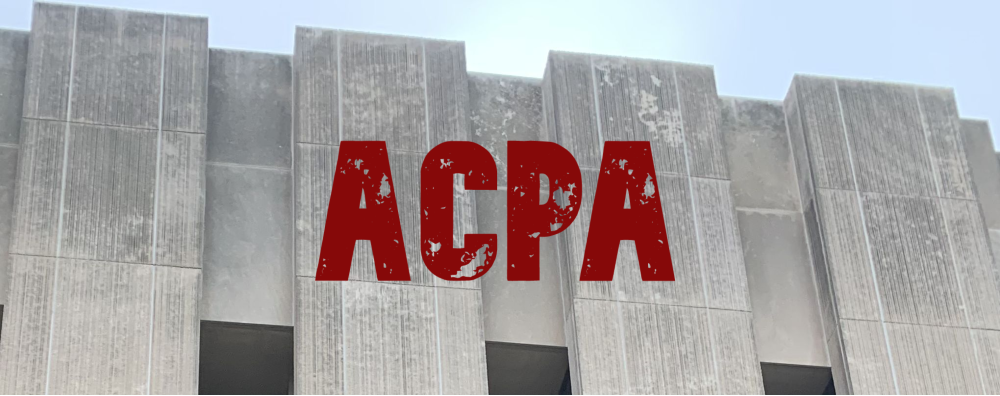The recent case of XPO CNW, Inc. v. R+L Carriers, Inc. coming out of a federal court in Michigan tells the interesting story of one company opportunistically using its competitor’s trademark in a domain name to set up an employee recruiting website. The decision sketches out certain circumstances when this practice passes legal muster.

The parties to the dispute are major trucking lines. If you have driven on any highways in the United States, you have no doubt seen 18-wheelers bearing the trademarks of the parties involved in this case. In late 2015, plaintiff XPO acquired Con-Way Freight. Shortly thereafter, defendant R+L launched a website targeting Con-Way’s employees using the domain name conwaylayoff.com. The website included the following statement:
Were you laid off from Con-way? Don’t worry about the XPO Logistics acquisition, when one door closes another opens. R+L Carriers is hiring today….Turn your valuable years of knowledge and experience into a new career with R+L Carriers, which was named a Top National/Multiregional LRL Carrier in Logistics Management magazine’s 2015 Quest for Quality Awards. R+L Carriers launched Conwaylayoff.com to inform those employees that may have been affected by the recent acquisition of Con-way Freight, of similar opportunities that we have where they may be able to put their skills to work.
Plaintiff sued for trademark infringement and for cybersquatting under the Anti-Cybersquatting Consumer Protection Act (“ACPA”). Defendant moved for judgment on the pleadings. The court granted the motion.
The court found there to be no sufficient allegations of trademark infringement because the documents before the court showed there was no likelihood of confusion as to the origin of defendant’s services. The language on the website (quoted above) contradicted plaintiff’s assertions of likely confusion.
On the ACPA claim, the court found there was no evidence that defendant used the domain name with a bad faith intent to profit.
The court compared this situation with the one in the case of Lucas Nursery and Landscaping, Inc. v. Grosse, 359 F.3d 806 (6th Cir. 2004). In Lucas Nursery, there was no evidence that defendant intended to divert consumers from the plaintiff’s online location. Nor was there evidence that defendant ever sought to mislead consumers with regard to the site’s sponsorship. The site explicitly stated that it was established for the purposes of relaying defendant’s experience with the plaintiff’s nursery. Moreover, there was no offer to sell the site to plaintiff, and no other indicators of bad faith existed, such as providing misleading contact information or acquiring batches of additional domain names.
In this case, it was undisputed that defendant set up a web site and used plaintiff’s trademark in the domain name. But this was insufficient to establish that defendant operated in bad faith. Plaintiff did not allege that defendant ever offered to sell the domain name to plaintiff. Nor did it allege that defendant acquired other suspect domain names. Instead, plaintiff offered the court a barebones recital of the statutory language, stating that defendant registered and has used the domain name without plaintiff’s authorization and with bad faith, to profit from plaintiff’s trademark, and that the infringing domain name directed or redirected to a website controlled by defendant, who profited from its use. The court found this to be insufficient to survive the relevant pleading standard. Accordingly the court granted the motion for partial judgment on the pleadings concerning this claim.
XPO CNW, Inc. v. R+L Carriers, Inc., No. 16-10391, 2016 WL 4801283 (E.D. Mich. September 14, 2016)
Photo courtesy of Flickr user Jean-Pierre Magnan under this Creative Commons license.
 About the Author: Evan Brown is a Chicago technology and intellectual property attorney. Call Evan at (630) 362-7237, send email to ebrown [at] internetcases.com, or follow him on Twitter @internetcases. Read Evan’s other blog, UDRP Tracker, for information about domain name disputes.
About the Author: Evan Brown is a Chicago technology and intellectual property attorney. Call Evan at (630) 362-7237, send email to ebrown [at] internetcases.com, or follow him on Twitter @internetcases. Read Evan’s other blog, UDRP Tracker, for information about domain name disputes.



